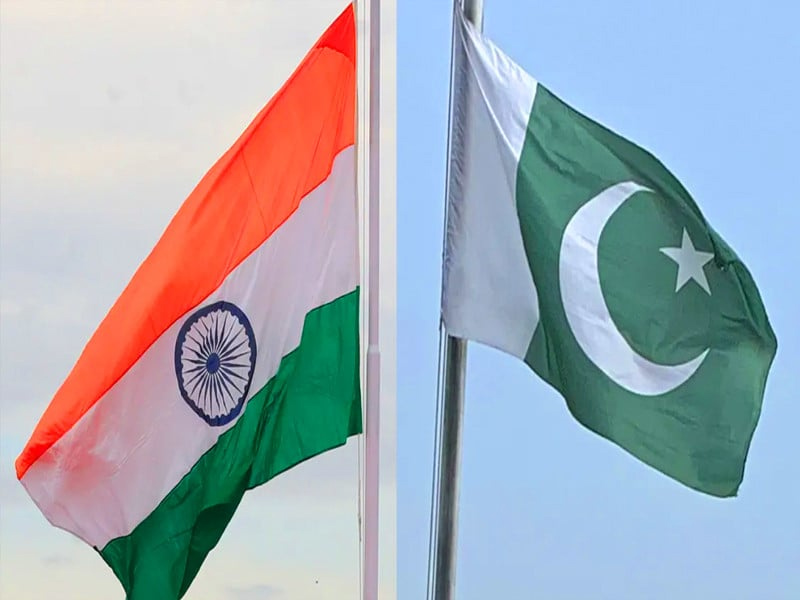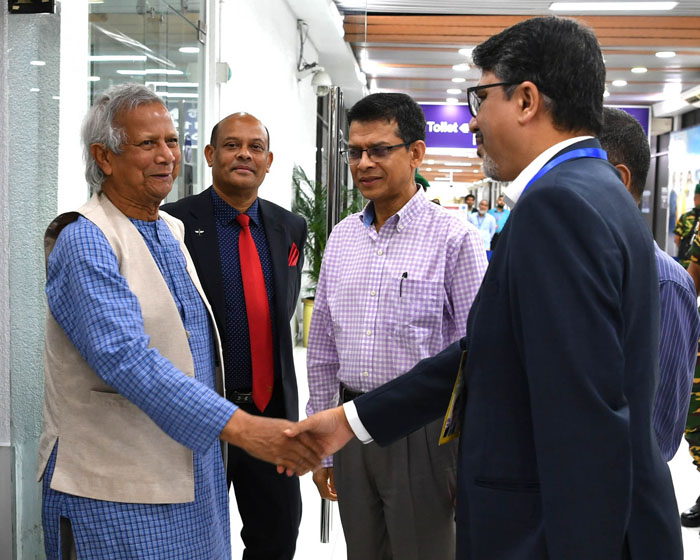
Online Desk: Pakistani and Indian delegates exchanged sharp barbs at the United Nations after Prime Minister Shehbaz Sharif criticised India’s policies in occupied Kashmir and accused New Delhi of sponsoring terrorism against Pakistan. Addressing the 79th session of the UN General Assembly earlier in the day, Prime Minister Sharif denounced India’s “brutal coercion and oppression” in Kashmir and highlighted the “externally financed” terrorism targeting Pakistan, particularly by the Tehreek-e-Taliban Pakistan (TTP) and other groups. He warned that Pakistan would respond “most decisively” to any Indian aggression.
In a heated response, Indian delegate Bhavika Mangalanandan, a first secretary at India’s UN Mission, dismissed the accusations, calling Kashmir an internal matter. She accused Pakistan of supporting cross-border terrorism and commented on Pakistan’s domestic issues. Exercising his right of reply, Muhammad Faheem, a third secretary at Pakistan’s UN Mission, rebutted his Indian counterpart’s claims, stating, “Jammu and Kashmir is an internationally recognised disputed territory. It has never been, nor will ever be, a part of India.”
Faheem emphasised that the UN Security Council has called for a plebiscite to allow Kashmiris to exercise their right to self-determination, accusing India of choosing repression over honouring its international obligations. “Instead of fulfilling its commitments, India has subjected the legitimate aspirations of the Kashmiri people to a brutal and oppressive occupation,” Faheem said.
He condemned India’s actions since 5 August 2019, when New Delhi revoked the special status of Jammu and Kashmir, deploying nearly one million soldiers to suppress dissent. “This is the largest military occupation in the world,” he added.
Faheem detailed what he termed as India’s “heinous crimes” in Kashmir, including extrajudicial killings and staged encounters, adding that entire villages had been razed and political leaders incarcerated. He highlighted that the UN High Commissioner for Human Rights and various UN Special Rapporteurs have documented widespread violations in the region, yet India continues to deny access to these investigators.
Dismissing Indian claims of terrorism, Faheem turned the tables, accusing India of using terrorism as state policy. “India, which sponsors and orchestrates assassination campaigns globally, is hardly in a position to lecture others on terrorism,” he said. Faheem pointed to the arrest of Kulbhushan Jadhav, a serving Indian naval officer convicted in Pakistan for espionage and terrorism, as evidence of India’s involvement in destabilising Pakistan. He also accused India of sponsoring terrorist outfits like the TTP and the Balochistan Liberation Army (BLA), which have caused thousands of deaths in Pakistan. “Pakistan has shared irrefutable evidence of India’s involvement in terrorism with the international community,” he remarked.
In his speech, Faheem also criticised India’s treatment of its minorities, accusing the ruling BJP-RSS government of spreading Islamophobia and imposing a “reign of fear” on Muslims, Christians, Dalits, and other marginalised groups. “Islamophobia has deeply infiltrated the Indian state, where 200 million Muslims face lynching by cow vigilantes and pogroms led by RSS, often with government complicity,” Faheem said






